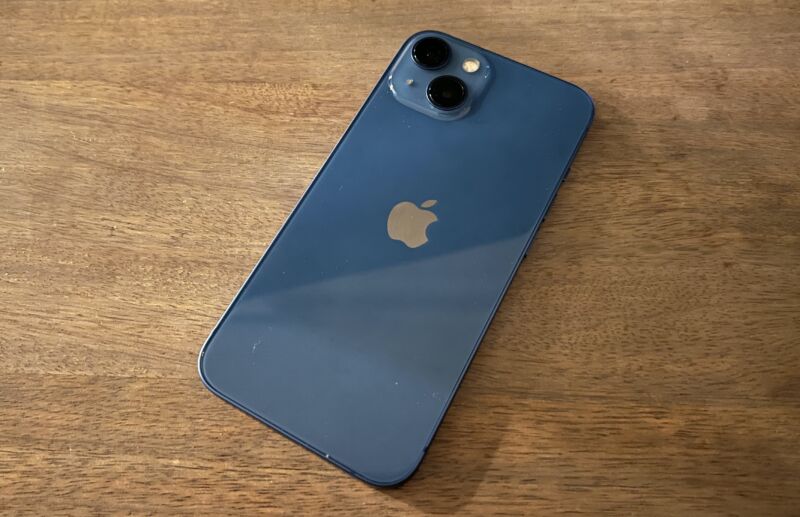
Apple will begin selling repair kits to consumers who want to perform some essential repairs on their iPhones themselves. Titled Self Service Repair, the program will first be available in the United States starting early next year, with more regions gaining access throughout 2022.
At first, the program will apply exclusively to iPhone 12 and iPhone 13 devices, but it will “soon” apply to Macs with M1 chips as well. A news release from Apple about the program says that it’s intended to allow “customers who are comfortable with completing their own repairs” access to the parts and support they need, but that it believes going to a Apple Authorized Service Provider (AASP), independent repair provider, or Apple Store will still be the best choice for most users.
But for those who do want to repair their phones or laptops themselves, Apple describes the process thusly:
To ensure a customer can safely perform a repair, it’s important they first review the Repair Manual. Then a customer will place an order for the Apple genuine parts and tools using the Apple Self Service Repair Online Store. Following the repair, customers who return their used part for recycling will receive credit toward their purchase.
The new store will offer more than 200 individual parts and tools, enabling customers to complete the most common repairs on iPhone 12 and iPhone 13.
Users will be sent some of the same tools that Apple’s own Genius Bar staff use. This builds on a similar initiative to get those tools in the hands of independent repair providers that has expanded to include 2,800 providers.
Users who make repairs via this program won’t void their devices’ warranties, provided they follow the provided instructions and use Apple’s tools. Apple hasn’t yet said how much these tools will cost.
Right-to-repair advocates have been calling this a welcome, watershed moment, even though it’s easy to read this as an effort to head off legislation or other government intervention, as the FTC under the Biden Administration has signaled that addressing right-to-repair concerns is a current priority.
Apple has built a reputation for strong customer service for users who have purchased AppleCare+ coverage, but the company’s past efforts to ensure that only certain approved shops make the repairs have meant that many of its customers are left without easy access to repairs, especially in rural and less wealthy areas.
Apple has argued that opening the floodgates to repairs by just anyone would in some cases lead to customers being tricked by illegitimate operations and subpar, unauthorized components.
All that said, it’s possible that the parts in the Self Service Repair program will be expensive enough that few consumers will actually take advantage of this program instead of seeking repairs from Apple or one of its partners, if they have the choice.
https://arstechnica.com/?p=1813836

